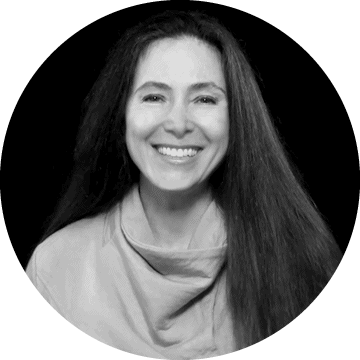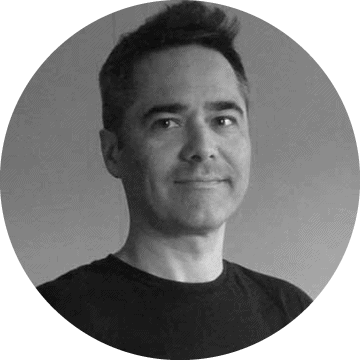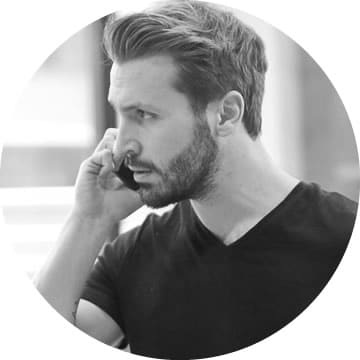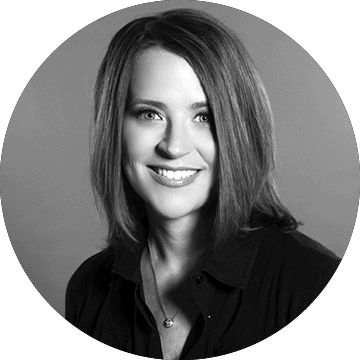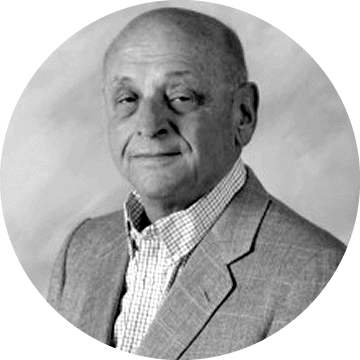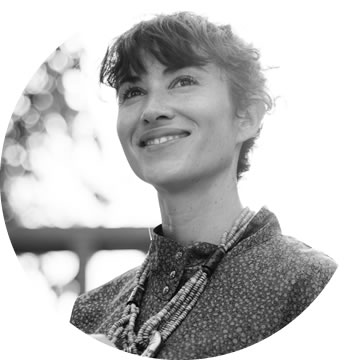Marriage and Family Therapist (LMFT) – Master’s in Psychology and/or Marriage and Family Therapy required, plus supervised experience
Clinical Social Worker (LCSW) – Master of Social Work required, plus three years of supervised experience, and continuing education
Mental Health Counselor (LMHC or LCMHC in some states) – Master’s in Counseling and/or Psychology, plus supervised experience
Professional Clinical Counselor (LPCC, or LPC in some states) – Master’s in Counseling and/or Psychology, plus supervised experience
Clinical Professional Counselor (LPC or LCPC) – Master’s Degree in Counseling, plus supervised experience
Professional Counselor Supervisor (LPC-S) – Master’s in Counseling, Family Therapy or Psychology, plus supervised experience
Creative Arts Therapist (LCAT) – Master’s in Art Therapy, Music Therapy, Dance/Movement Therapy, or Drama Therapy, plus supervised experience
Psychologist – Doctorate in Psychology
Master’s Degreed Psychologists
Psychological Associate – Master’s in Psychology
Psychologist Associate – Master’s in Psychology
Psychological Examiner – Master’s in Psychology
Psychological Assistant – Master’s in Psychology
Psychologist – Master’s in Psychology
Limited License psychology – master’s in psychology
Although undergraduate (Bachelor’s) degrees for psychology and counseling exist, in most jurisdictions the minimum requirement for licensure is a graduate degree (master’s or doctorate).
Associate degrees
Associate of Art (AA) or Associate of Science (AS): Associate degrees are usually two-year degrees and are often offered at community colleges. Many choose to start with associate degrees in counseling psychology, clinical psychology, or related fields, before starting work on degrees which require further education. An associate degree is usually not required in order to enroll in a bachelor’s degree program.
Bachelor’s degrees
Bachelor of Arts (BA), Bachelor of Science (BS): Bachelor’s degrees usually require four years of study and are required prior to entry into graduate programs where Master’s or Doctoral degrees may be earned. Although a person may earn a bachelor’s degree in counseling psychology, clinical psychology or related fields in mental health, a person may have had a major concentration in another field of study and still qualify for entry into a graduate school for study in the area of psychology. A bachelor’s degree does not meet the requirements for clinical practice or licensure.
Master’s degrees
Master of Arts (MA) or Master of Science (MS) in behavior analysis, counseling psychology, clinical psychology, clinical counseling, educational psychology, or a related field. A master’s degree in the specified area may require completion of a master’s thesis, dissertation and/or project.
Master of Science in Counseling (MSC)
Master of Arts in Professional Counseling (MAPC)
Masters of Science in Education (MSEd)
Doctoral degrees
Doctor of Marriage and Family Therapy (DMFT)
Licentiate in Psychology or Psychologist (LPsy) – professional title used in EU and Latin American countries and equivalent of PsyD of the US
Doctor of Psychology (PsyD) – requires the student to create relevant and helpful research that contributes to the existing body of knowledge or scholarship in an area. At one time, the PsyD was assumed to not require significant research activities, focusing more on advanced clinical training. However, most academic institutions offering a PsyD today require the completion of a dissertation suitable for publishing. To use the title “psychologist”, individuals must meet their state requirements and obtain a license to practice psychology.
Doctor of Philosophy (PhD): A Doctor of Philosophy degree in psychology prepares the student to conduct independent research and to provide professional services (consultation, assessment, diagnosis, therapy). To use the title “psychologist”, individuals must meet their state requirements and obtain a license to practice psychology.
